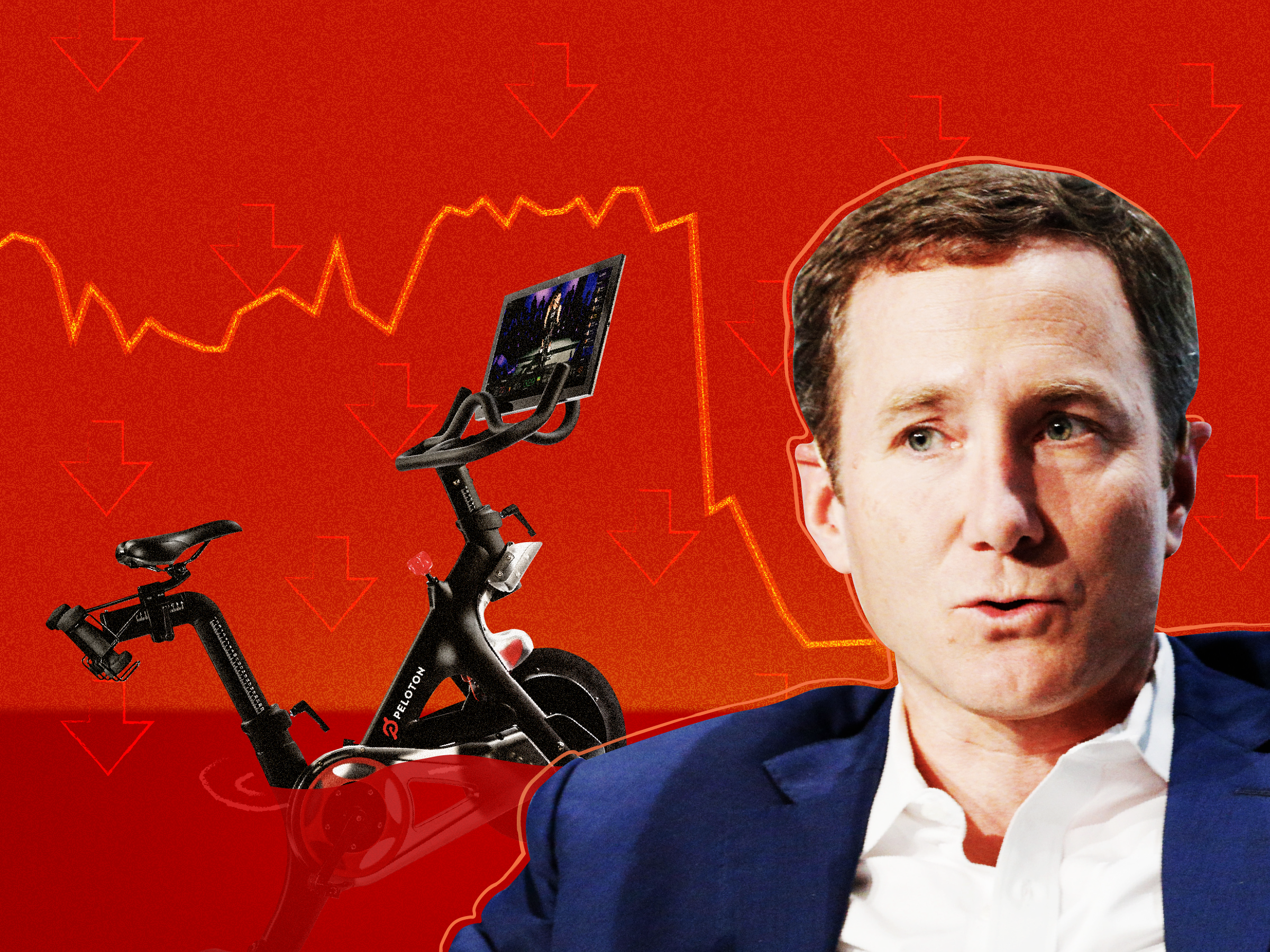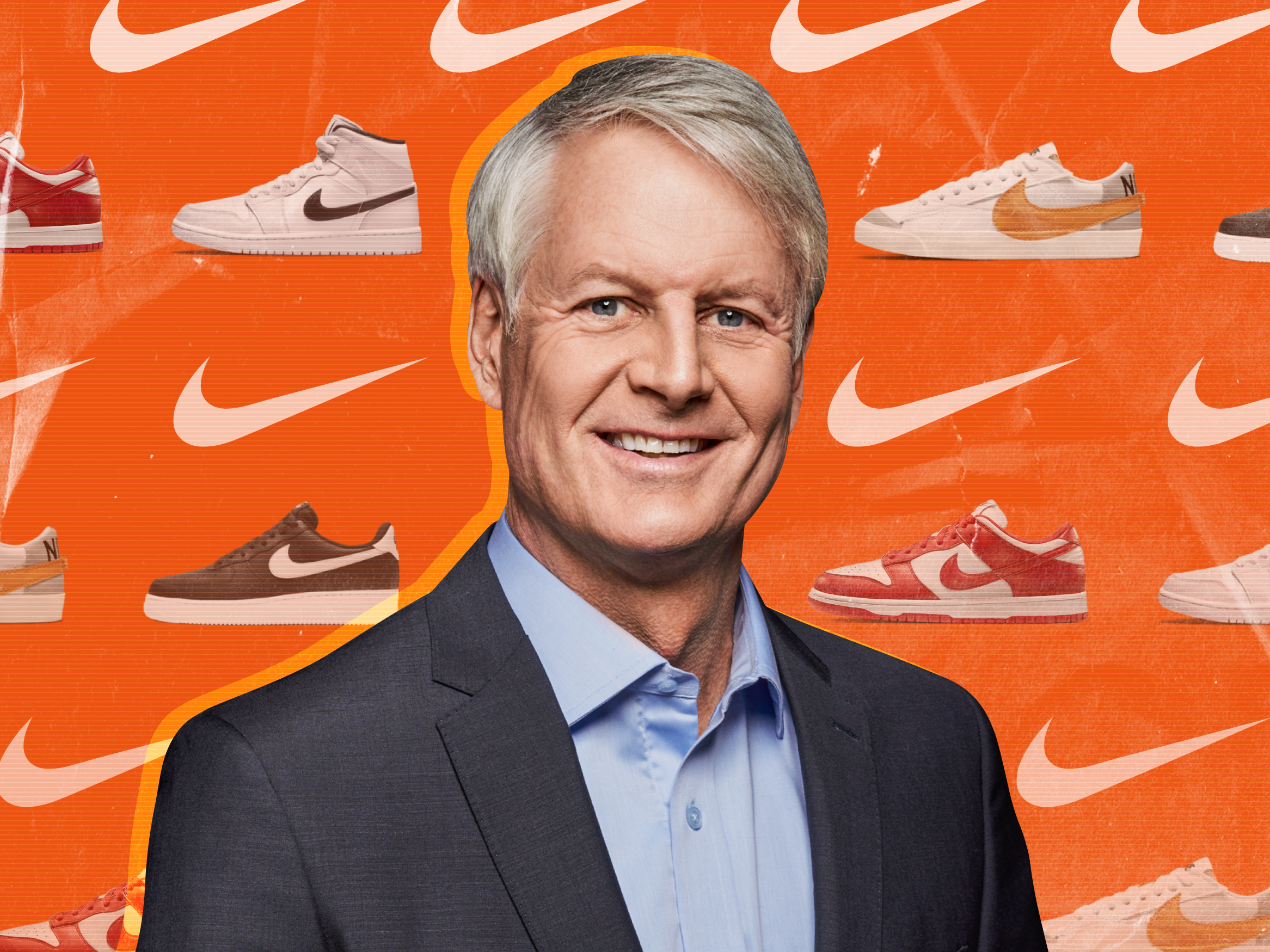Welcome back to Insider Weekly! I'm Matt Turner, editor in chief of business at Insider.
David Boies is a legendary trial lawyer and cofounder of the elite law firm Boies Schiller Flexner.
As the firm sustained an exodus of talent, going from a peak of 350 attorneys to about 175 today, many were quick to blame Boies' work with the likes of Harvey Weinstein and Theranos, considering his involvement in those scandals a reputational stain.
What has gone previously unreported is the extent to which Jonathan Schiller, the second name above the door who had long worked in Boies' shadow, shares blame for the firm's cultural turmoil.
Casey Sullivan spoke with Boies and more than 20 of Schiller's former colleagues for his behind the scenes look at the firm. My main takeaway: People's greatest strengths can also be their greatest weaknesses, something Casey notes in his Q&A below. Read on for more.
Also in this week's newsletter:
- Price hikes, layoffs, and too many bikes: Inside Peloton's month from hell.
- Nike's CEO has brought the company financial and digital success — but at what cost?
- Amazon employees' frustration with pay is driving attrition across senior ranks.
Let me know what you think of all our stories at [email protected].
Subscribe to Insider for access to all our investigations and features. New to the newsletter? Sign up here. Download our app for news on the go – click here for iOS and here for Android.
A rare portrait of David Boies' right-hand man

Casey Sullivan takes us inside his four months of reporting on Jonathan Schiller.
What made you want to profile Schiller?
There's something inherently interesting about a No. 2 to a relatively famous person. Schiller often worked behind the scenes, but his mark on the firm was enormous — for both good and bad.
Schiller is also a controversial figure. People have strong feelings about him. And the more people I spoke with, it fed my curiosity to learn what drives him and try to learn his side of the story, even if he wouldn't speak with me.
What's one thing you'd want readers to take away from this piece?
People's greatest strengths can also be their greatest weaknesses. Schiller had such a competitive drive that helped build Boies Schiller into what it became, adding so many clients from big institutions.
At the same time, people said he had an arrogance about him. He could be tone-deaf and hyperterritorial with clients. And it ultimately rubbed a lot of people the wrong way and contributed to the firm's challenges.
What's one of the most surprising things you learned during your reporting?
David Boies' go-to cocktail is a vodka and orange juice. But he only gets it at places that serve freshly squeezed OJ.
Read the full story here: He helped build Boies Schiller. Behind the scenes, he drove people away.
Inside Peloton's month from hell

A year ago, Peloton saw overwhelming demand for its stationary bikes. But today, the company has too many bikes — and not enough people to buy them.
That striking reversal is emblematic of Peloton's fall from hot pandemic stock pick to punchline. January has been dominated by news of price hikes, layoffs, and a possible halt in production. The stock dropped 24% on Thursday alone.
How Peloton spiraled to this point.
He has brought success to Nike. But at what cost?

In his first two years as Nike's CEO, John Donahoe sent its stock soaring, even amid a series of scandals and the pandemic. Employees and analysts agree that Donahoe has ushered in financial success. But some worry it's come at a cost.
For them, the question is no longer whether Donahoe can navigate Nike's culture but how he is changing it — and whether it could lead to an exodus of Nike veterans.
Amazon employees' anger over pay at a crisis point

A growing number of Amazon employees, including senior staff, are growing disenchanted with what they perceive as below-market pay and pushing for better compensation. Now, some insiders say the frustration has led to a higher attrition rate among senior staff.
At least 50 vice presidents left Amazon last year, unusual for a company known for the loyalty and long employment history of valued senior leaders.
See what Amazon employees are saying.
More of this week's top reads:
- Employers aren't addressing the new realities of work. Now, burned-out employees are leading a new "Hidden Resignation."
- A T-shirt designer started designing NFTs. He just pulled in $57,000 in one month.
- The labor shortage isn't going anywhere. Some expect it to wreak havoc on everything from airline flights to inflation.
- Insiders at Forbes say the brand that celebrates wealth requires its employees to work long hours for low pay and that some struggle to get raises. Here's what to know.
- Top investors shared their 25 picks for the best direct-to-consumer brands that will soar in 2022.
- Here's where young first-time homebuyers should look for their first purchase. Hint: It's not New York or LA.
Compiled with help from Jordan Parker Erb and Phil Rosen.
